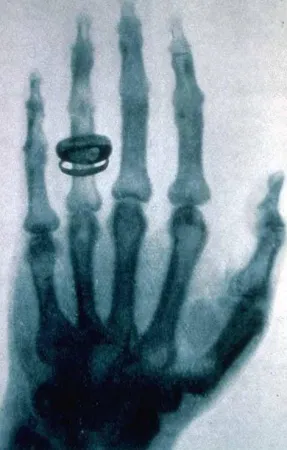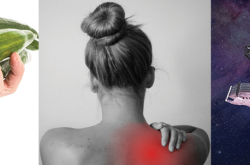How X-Rays can increase the likelihood of down syndrome in babies
This article was originally written and submitted as part of a Canada 150 Project, the Innovation Storybook, to crowdsource stories of Canadian innovation with partners across Canada. The content has since been migrated to Ingenium’s Channel, a digital hub featuring curated content related to science, technology and innovation.
Pregnant women should only undergo x-rays when it’s absolutely necessary. Seems like common sense, doesn’t it? But this wasn’t always the case. In fact, this seemingly simple fact wasn’t considered until the work of a Japanese-Canadian scientist: the late Dr. Irene Uchida.
Uchida was the first to link radiation exposure in women to birth abnormalities with their babies in the 1950’s. This was especially the case in pregnant women given that the radiation was directly affecting the unborn child. A symptom of radiation exposure in babies is being born with down syndrome, which was the most common birth abnormality at the time.
Down syndrome is caused by the trisomy of the 21st chromosomes. Chromosomes are bundles of DNA found in the cells of every organism. They come in 23 pairs, with each pair consisting of a chromosome from both parents. Trisomy is the tripling of a chromosome, so instead of there being a single chromosome from the mother and the father in a pair, an extra copy of one of them is made. Different problems can manifest through the trisomy of any pair, but if it happens with the 21st the baby will have down syndrome.
Uchida wanted to get to the bottom of all this and try to understand what caused this trisomy of the 21st chromosomes. Generally, older women who decide to become pregnant have kids with down syndrome. But Uchida wanted to look further into the matter, and went door to door in Manitoba asking for blood donations from children with down syndrome, and from their parents too.
It was in 1960 that Uchida made the connection that exposure to radiation can cause damage to women’s chromosomes and in turn affect the health of their future children; the most common symptom being down syndrome. Her later studies showed that the chromosomal health of men can also increase the chance of down syndrome in their offspring.
Uchida’s ground-breaking work reduced rates of down syndrome and in general improved the health of women and men, since blasts of electromagnetic radiation isn’t very healthful to begin with. Besides the reduction of trisomy, she believed that one day people will be able to deactivate the third copy of a trisomy and stop many genetic disorders altogether.
By: Jassi Bedi















